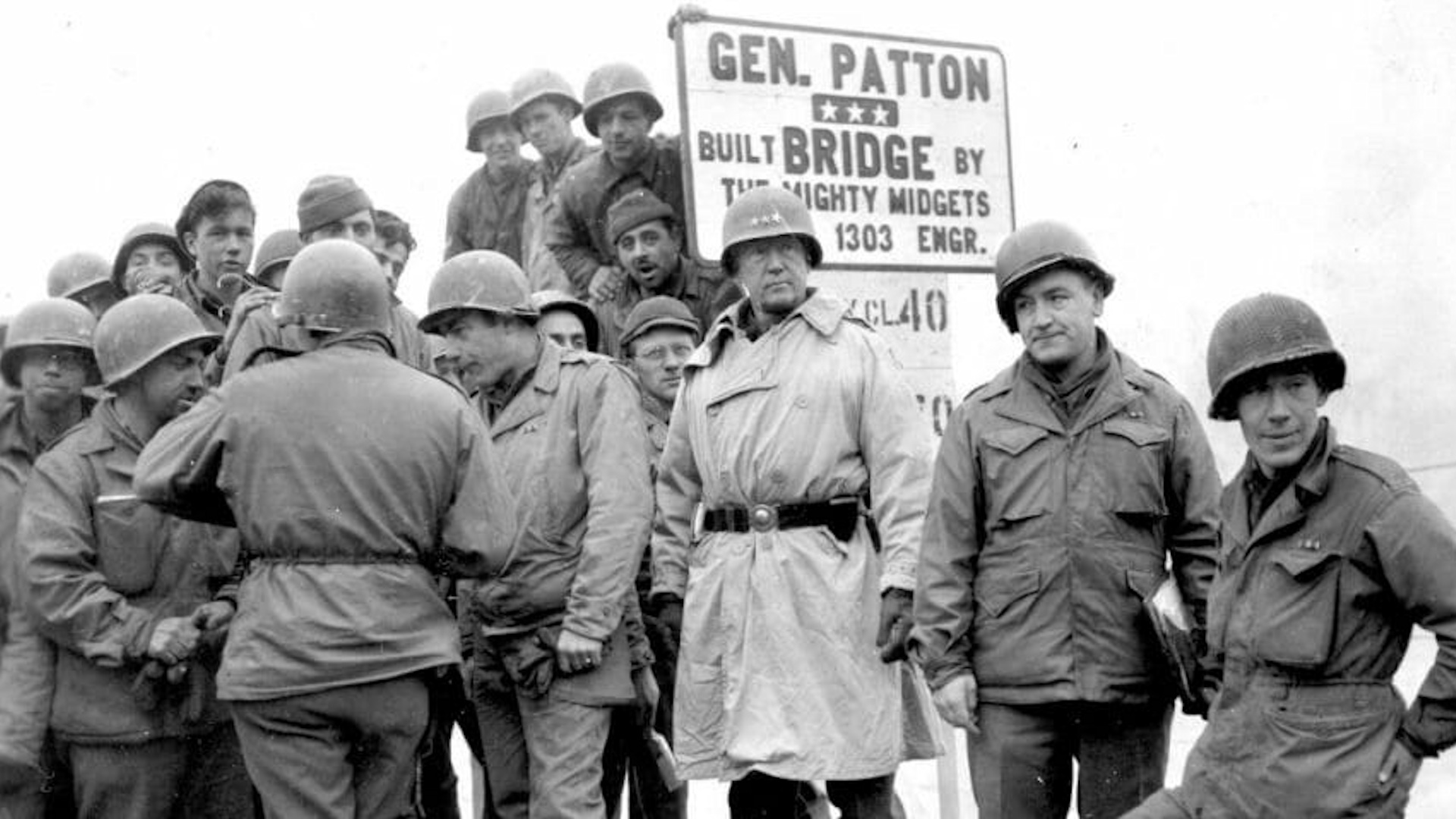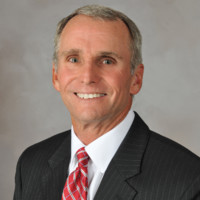
In my last article, I wrote about my education in command and realization I “owned” nothing except 100% of the accountability for our mission and people.
By Anthony Rock
Let’s talk about how comfortable we are, or aren’t, as leaders when we have absolute responsibility for outcome but have to cede absolute control through informed delegation. We empower our good people to do great things and that’s uncomfortable, at least for most of us. So, the root question is, “If we aren’t going to be comfortable, how can we be confident and competent?”
For me this realization and evolution came as a blinding flash of the obvious at a military career midpoint having the opportunity, and honor, to command a fighter squadron of over 300 superb airmen ranging from instructor and student pilots, to jet maintenance professionals, to flight operations support airmen. Squadron command was an invaluable leadership laboratory and developmental opportunity being challenged, and expected, to leave my comfort zone and engage in areas in which I had far less expertise. Admittedly, there was anxiety that came with excitement. Bottom Line Up Front: It’s not comfortable for tactical operations experts rising to more strategic leadership positions to accept they can’t control everything. This was the first time in my career “My span of accountability well exceeded my span of control,” and I had to develop skills to be OK with that.
Success is founded in self-evaluation and acknowledgement that, “I’m smart enough to know I’m not smart enough, but I’m working to get smarter daily.” Dig in and show your folks you are genuinely interested in their segment of the mission. For you, trust will increase with understanding. For the workforce, they’ll trust a leader they know is truly interested in the value they add to the enterprise. Learn to ask the right questions and don’t be afraid to show childlike (not childish) innocence—let your people do some “uphill instruction” as they educate you. Many of us use the “Ask ‘why’ five times” model, but help educate, and orient, the “victim” of your questions about your intent and process. You’re building better leaders as the team learns the value of “why?” through your process and progress. Challenge your team to consistently communicate with you to raise your level of confidence in what you’ve delegated to them. I told our team, “Micro-communicate with me so I won’t be tempted to micro-manage you. Try to tell me too much, and I’ll tell you if you are, but I bet I never do.” Without “controlling” everything, this gives you the advantage of being “aware” of everything, or at least as much as you can absorb. Build the organizational culture and teammates’ belief you’ll “underwrite failure to drive innovation” as long as it is through “smart risk versus blind gambles.” Ensure you highlight and reward initiative but call out bad decisions and make them “teachable moments.” Remember the force is watching and will immediately detect “say/do gaps” (like throwing a subordinate under the bus to save yourself), crushing trust. Simply put, “Good bosses give credit and take blame.” There’s often a lack of that in today’s world.
These are just a few of the things we can do to reduce anxiety as accountability increases relative to reduced control. I look forward to hearing what works for you. Most of us will never be “comfortable” with uncertainty considering the stakes associated with success and failure in leadership, but we can be “confident” in exclusive ownership of outcome. I’m reminded of what General George S. Patton said, “Don’t tell people how to do things, tell them what to do and let them surprise you with their results.” Even better, don’t be “surprised,” but rather, be confident in their ability to accomplish your mission without your direct control. If you can’t get there, “Don’t take the office with the big windows looking out on the flight line.” Empower teammates—they’ll succeed if you let them.
If you’re building a team and you have positions you can’t fill, you need to use SMA Talent on Demand (TOD®)! With TOD®, you can find experienced talent and subject matter expertise, such as Anthony, matched to your exact needs.
